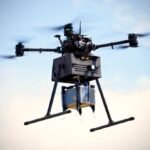Introduction
Overview of Drone Usage
Drones have rapidly transformed from military tools to everyday gadgets, enhancing various sectors including photography, agriculture, construction, and more. Many enthusiasts are exploring their capabilities for recreation, while businesses leverage their benefits for efficiency and innovation. Have you ever watched those stunning aerial shots in movies or on social media? That’s drone magic! These flying devices offer a unique perspective, making them invaluable in fields like:
- Real Estate: Capturing stunning property views to attract buyers
- Agriculture: Monitoring crop health and optimizing yields
- Public Safety: Assisting in search and rescue operations
- Events: Filming weddings or concerts from above
The versatility is endless, but diving into the world of drones isn’t as simple as it seems. Each flight comes with responsibilities, especially regarding legal compliance.
Importance of Understanding Drone Laws
Understanding drone laws is not just a bureaucratic hurdle; it’s crucial for ensuring safety and compliance. Operating under ignorance of regulations can result in hefty fines or legal trouble. Let me share a quick story: A friend of mine decided to use his drone during a local festival. Excited to capture the colorful scenes, he unfortunately flew over a restricted area, leading to his drone being confiscated by local authorities. This incident opened my eyes to the importance of being informed. Here are a few key reasons to understand drone laws:
- Safety: By following regulations, you protect not just yourself, but others. Flying responsibly can prevent incidents that could lead to injuries or accidents.
- Legal Compliance: Avoid fines and legal action by knowing where you can fly and the rules that govern drone usage in your area.
- Respect for Privacy: Awareness of privacy laws can help you avoid invading others’ personal spaces, which is crucial in maintaining good relationships within your community.
- Enhanced Experience: Knowledge of laws enhances your flying experience. When you know the rules, you can plan your flights and explore new areas without the stress of breaking the law.
- Investment Protection: Drones can be a significant investment. Understanding the laws ensures you maintain your equipment and avoid incidents that could lead to costly repairs or replacements.
Thus, arming yourself with knowledge about drone laws isn’t just advisable—it’s essential for enjoying this thrilling technology while staying within legal boundaries. As we delve deeper into specific regulations in North Carolina, remember that being informed translates to a better flying experience. 🚀

Federal Drone Laws in North Carolina
FAA Regulations
When it comes to flying drones in the U.S., the Federal Aviation Administration (FAA) holds the reins. Their regulations are designed not just for the safety of drone operators but for everyone in the air and on the ground. For those of you in North Carolina, understanding these FAA regulations is crucial before taking your drone for a spin. The main document guiding drone usage is Part 107 of the Federal Aviation Regulations, which brings a host of rules you need to follow. Here are some key points:
- Pilot Certification: To operate a drone commercially, you need to pass a knowledge test and obtain a Remote Pilot Certificate from the FAA.
- Altitude Limits: Keep your drone below 400 feet to avoid conflicting with manned aircraft.
- Visual Line of Sight (VLOS): Always maintain visual contact with your drone—no fancy maneuvers or flying out of sight!
- Flight Restrictions: Avoid flying over people or moving vehicles, and steer clear of restricted airspace, such as near airports.
A friend of mine, an aspiring aerial photographer, invested in a fancy drone but got too comfortable with the idea of flying anywhere. After realizing there’s a lot more to it, she took the time to study the regulations, which ultimately made her a more responsible and aware operator.
Homeland Security Guidelines
In addition to FAA regulations, Homeland Security guidelines present specific rules that drone operators in North Carolina need to pay attention to, especially given the state’s strategic geographical location. These guidelines primarily focus on issues related to national security and protecting sensitive areas. Some important aspects include:
- Restricted Areas: Certain areas, like military bases, nuclear power plants, and certain government buildings, are off-limits for drone flights. Make sure to research these locations to avoid fines or legal issues.
- Event-Specific Regulations: During significant public events, such as political gatherings or large sporting events, heightened security measures may come into play, restricting drone operations even more.
- Reporting Suspicious Activity: If you spot something unusual while flying, such as unauthorized drones in sensitive areas, ensure you report it to local authorities or the appropriate security agency.
Just imagine this scenario: you’re enjoying a beautiful day at a public park with your drone. Suddenly, you see you’ve flown too close to a restricted military area, and emergency personnel show up—definitely not the kind of attention you want! Being well-versed in both the FAA regulations and Homeland Security guidelines as they pertain to drone usage is essential for every operator in North Carolina. This knowledge not only keeps you out of trouble but also ensures you can enjoy flying while contributing to public safety. As we move forward, don’t forget to stay tuned for state-specific regulations you’ll need to navigate! 🛩️

State-Specific Drone Regulations
North Carolina General Statutes
Now that you’ve got a grasp on the federal regulations, let’s dive into North Carolina’s specific drone laws. The state has established its own General Statutes that outline drone operations, ensuring both safety and respect for privacy among residents. One key statute worth noting is G.S. 15A-300. This law outlines the prohibition of using drones for the purpose of surveillance. Here’s what you need to keep in mind:
- Surveillance Limitations: Flying a drone over private property without permission could result in legal consequences. Always ask for consent before capturing images or videos from above.
- Data Collection: Collecting information or data through drones, particularly for malicious purposes, can lead to severe penalties. It’s vital to operate your drone with intention and integrity.
I remember a time when I thought it would be fun to fly over my friend’s property to get a great shot of her garden. While she was okay with it, I realized the importance of always confirming permission first, especially as laws become more strict.
Restrictions on Drone Usage in Certain Locations
In addition to the general rules, there are specific locations in North Carolina where drone usage is restricted or completely prohibited. Here’s a quick run-down:
- Educational Institutions: Many schools have strict policies against flying drones on their grounds to ensure student safety and protect privacy. Always check with the school before attempting to fly.
- State Parks and Natural Reserves: Various protected areas in North Carolina may have regulations that restrict drone flights to protect wildlife and maintain the serenity of nature. Check with the North Carolina Division of Parks and Recreation for specific regulations before planning your flight.
- Crowded Public Events: Just like the federal guidelines, local laws may restrict drone usage during significant public gatherings or events, where public safety is a concern.
Imagine attending a local festival, excited to capture the vibrant atmosphere with your drone, only to be met with a “no-fly zone” sign. Knowing the restrictions ahead of time can save you from disappointment and potential fines. To make sure you’re flying legally, try to familiarize yourself with local statutes before taking to the skies. Not only will it keep you informed, but it’ll also strengthen your respect within the community. Remember, flying is more fun when everyone enjoys the experience safely! So, continue to brush up on these regulations as we move forward to cover registering and licensing requirements for drone operators. ✈️📜

Registering and Licensing Requirements
FAA Registration
Before you take your drone to the skies, one essential step is registering it with the Federal Aviation Administration (FAA). This might sound like a chore, but it’s a straightforward process that every drone operator needs to understand. If you’re flying a drone weighing more than 0.55 pounds (250 grams), you must register it. Here’s how to get started:
- Visit the FAA Website: Go to the FAA’s drone registration page.
- Create an Account: You’ll need to provide some basic information, such as your name and address.
- Pay the Registration Fee: Currently, the fee is $5, and it covers all your drones for three years.
- Receive Your Registration Number: After registering, you’ll receive a unique identification number that must be affixed to your drone.
While it may seem like a hassle, think of registration as your drone’s passport—essential for flying legally. I remember when I first registered my drone; the process took less than 20 minutes, and I felt a huge sense of relief knowing I was compliant. Plus, having your registration helps establish credibility as a responsible operator.
State Licensing Procedures
In addition to FAA registration, some states (including North Carolina) have specific licensing procedures to consider. While North Carolina does not require a state-level drone license, it’s crucial to stay informed about any future changes. However, here are a couple of points to keep in mind:
- Remote Pilot Certificate: To operate commercially under FAA rules, you’ll need a Remote Pilot Certificate issued by the FAA. This involves passing the Part 107 knowledge test, which covers essential topics such as airspace regulations, weather, and operational limitations.
- Local Permits: While North Carolina’s general laws don’t require specific licenses for recreational drone flying, some cities or municipalities may impose their own regulations. Always check local rules to ensure compliance.
To truly enjoy the experience of flying your drone, it’s beneficial to take the extra step and familiarize yourself with the FAA’s resources or even join a local flying club. I joined one that helped me sharpen my skills and meet other enthusiasts. Not only did this enhance my flying experience, but it also provided networking opportunities and valuable advice on best practices. In summary, while registering your drone and understanding the licensing requirements can seem like an overhead, these steps are vital for ensuring you’re flying legally and safely. With your drone registered and equipped with the necessary knowledge, you’ll be ready for takeoff. Moving on, let’s discuss essential drone operation guidelines that will make your flying experience enjoyable and safe! 🌤️🛩️
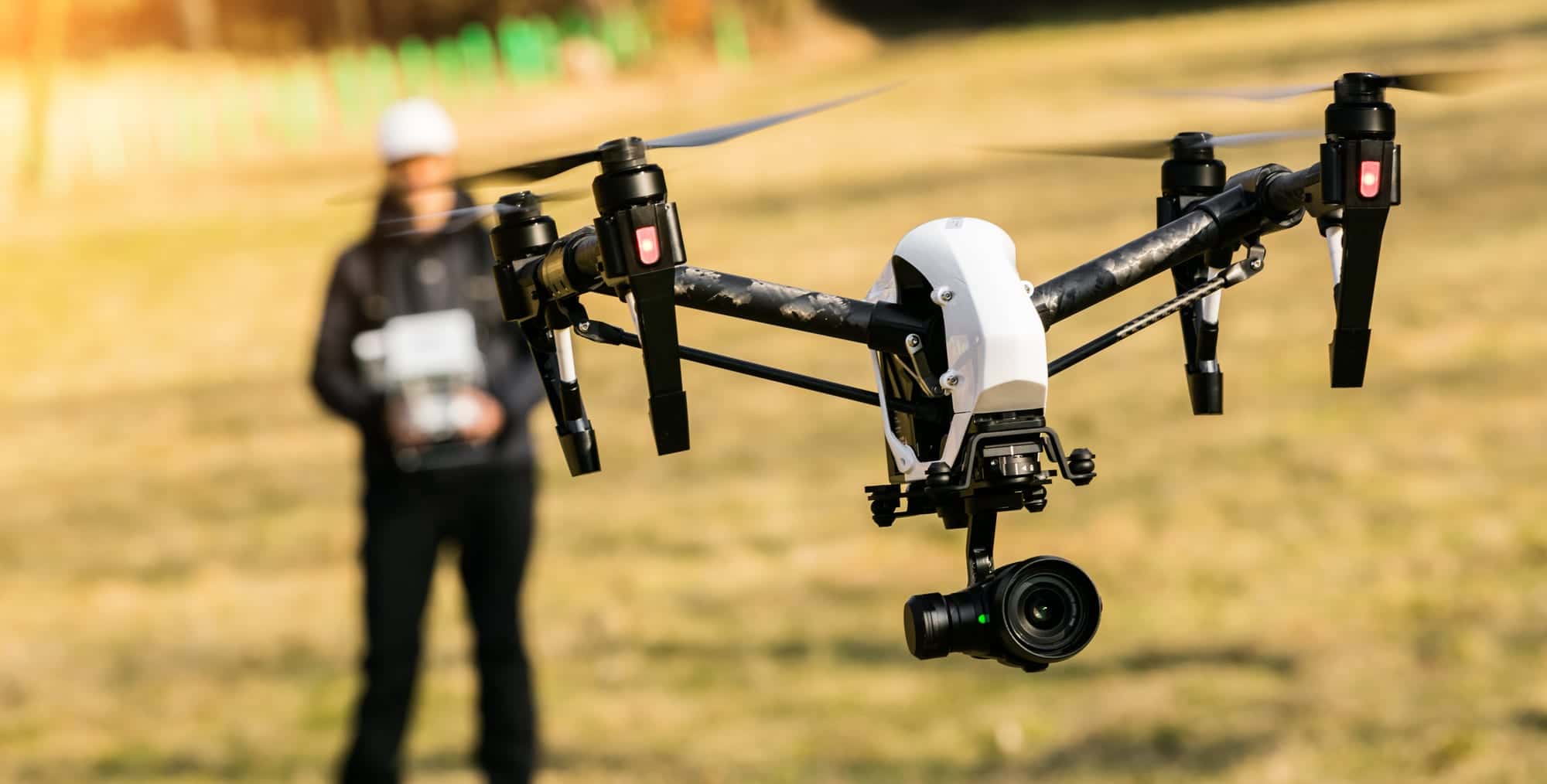
Drone Operation Guidelines
Safe Flying Practices
Now that you’re all set up with registration and licensing, let’s chat about the fun part: flying your drone! But before you take off, it’s crucial to establish safe flying practices to ensure a smooth and enjoyable experience. After all, nobody wants a drone disaster on their hands! Here are some key safety tips to keep in mind:
- Pre-Flight Checklist: Just like pilots do, create a pre-flight checklist! Check your drone’s battery, calibration, and cameras to ensure everything’s in working order before heading out.
- Stay Within Visual Line of Sight (VLOS): Always keep your drone within your sight. This way, you can respond quickly if anything goes awry.
- Know Your Environment: Familiarize yourself with the area where you’ll be flying. Avoid crowded places and steer clear of obstacles like trees and power lines.
- Check Weather Conditions: Avoid flying in high winds, rain, or low visibility conditions. I once made the mistake of flying in slightly breezy weather, and it quickly turned into a stressful experience.
- Respect People and Property: Maintain a safe distance from people and their properties. Be considerate and always ask for permission if you plan to fly over someone else’s land.
Remember, safe flying practices not only protect you and your equipment but also foster a positive perception of drone operators in your community.
Prohibited Activities
While it’s exciting to explore the skies, there are certain prohibited activities you must steer clear of to avoid trouble. Knowing these restrictions will ensure that you’re not only flying legally but also responsibly. Here are some key prohibited activities:
- Flying Near Airports: Operating your drone within five miles of an airport without permission can lead to serious penalties. Always check your drone app for nearby restrictions.
- Endangering Privacy: As I mentioned earlier, capturing photos or videos of others without their consent can result in harassment claims or legal issues. Respect people’s privacy!
- Carrying Hazardous Materials: It’s a no-go to transport any dangerous or hazardous materials. Safety comes first, and those items could pose serious risks if something goes wrong.
- Reckless or Careless Flying: Avoid operations that could be deemed reckless, like flying close to crowded areas or performing dangerous stunts. Not only is it unsafe, but it can also land you in legal hot water!
- Ignoring Local Laws: Be mindful of specific local laws governing drone operations. Some areas might have unique restrictions, so it’s essential to do your homework.
By being informed about prohibited activities, you ensure not only your own safety but also the wellbeing of those around you. Adhering to these guidelines will help promote a harmonious coexistence between drone enthusiasts and the general public. In our next section, we’ll delve into enforcement and penalties—so let’s keep flying responsibly and keep those good vibes in the air! 🕊️✨

Enforcement and Penalties
Consequences of Violating Drone Laws
As much as flying drones can be an exhilarating experience, it’s essential to remember that laws and regulations are in place to ensure everyone’s safety. Understanding the consequences of violating drone laws can help keep you on the right side of the law and avoid any unpleasant surprises. Here’s a brief look at what could happen if you decide to ignore the rules:
- Fines and Civil Penalties: The FAA can issue fines ranging from a few hundred to several thousand dollars for violations, such as flying in restricted airspace or failing to register your drone. Just the other day, I read about a local drone pilot who racked up a $2,500 fine after flying too close to an airport!
- Confiscation of Equipment: If you’re caught violating drone laws, law enforcement can confiscate your drone. When my friend got her drone taken away during an unauthorized flight, it was a pretty harsh lesson!
- Criminal Charges: In severe cases—especially if you endanger lives or property—you could face criminal charges. This can include hefty fines or even jail time, significantly affecting your future.
- Loss of Certification: For commercial operators, violating drone laws may lead to the revocation of your Remote Pilot Certificate, rendering you unable to operate commercially until you requalify.
To avoid these outcomes, engage in responsible flying and always stay updated about regulations.
Legal Recourse for Drone Incidents
Now that you know what’s at stake, it’s essential to understand what to do if you or your drone is involved in an incident. Having legal recourse can give you peace of mind, and knowing your options can be valuable. Here’s a collection of steps to take should an incident occur:
- Document Everything: If an incident occurs, be sure to document as much as possible. Take photos, gather witness statements, and note the time and place. I once found out how useful this was when a minor collision happened during a flight, and I was able to clarify my side of the story quickly.
- Contact Insurance: If you own drone insurance, get in touch with your insurance provider immediately. Some policies cover damages or legal issues arising from incidents.
- File Complaints with Authorities: If someone else’s drone is invading your privacy or causing safety concerns, report it to local law enforcement. They can investigate the incident and help resolve the issue.
- Seek Legal Counsel: If you find yourself facing significant legal trouble or complications due to a drone incident, consider consulting an attorney who specializes in drone law. They can provide the necessary guidance to navigate your situation effectively.
- Stay Informed: Lastly, stay educated on the continually evolving drone laws and regulations. Joining online forums, local clubs, or attending workshops can provide valuable insights and help you stay compliant.
Being proactive about understanding enforcement and potential legal repercussions can significantly enhance your experience as a drone pilot. It empowers you to enjoy the thrill of flying while ensuring you do so safely and legally. Up next, we’ll explore the specifics of business and commercial drone use—you won’t want to miss it! 📚💼✨
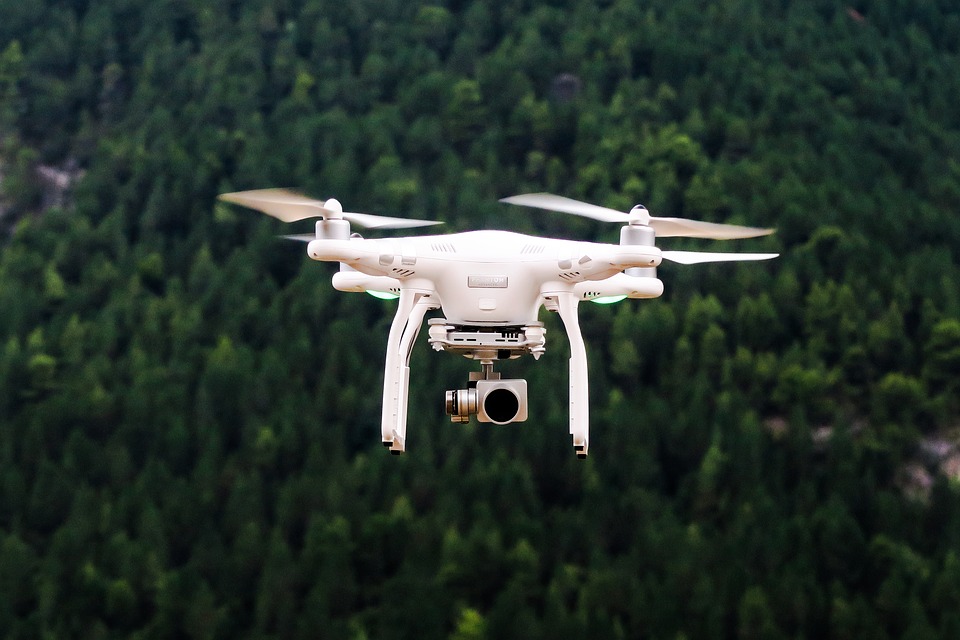
Business and Commercial Drone Use
License and Permit Requirements
As the world continues to embrace drone technology, the commercial sector is witnessing a significant surge in drone usage. Whether you’re a budding business owner or an established commercial operator, understanding the necessary licenses and permits is crucial for legal and successful operations. First and foremost, if you intend to use your drone for commercial purposes—like photography, agricultural monitoring, or inspection—you must acquire a Remote Pilot Certificate from the FAA. Here’s how to get started:
- Study for the Part 107 Exam: This test covers essential knowledge areas, such as airspace classification, weather, and operational procedures. Various resources are available, including online courses and study guides.
- Schedule the Exam: Once you feel ready, schedule your exam at a designated FAA testing center.
- Pass the Test: After passing, you’ll receive your Remote Pilot Certificate, enabling you to legally operate your drone for commercial purposes.
- Stay Informed About Local Regulations: In addition to federal requirements, remember to check for any specific local or state regulations that might apply to your commercial operations.
I remember the excitement of finally obtaining my Remote Pilot Certificate after weeks of study. It opened countless doors, and once I started offering drone photography services, the thrill of turning my passion into a business was incredibly rewarding!
Insurance Coverage for Commercial Drones
Operating a drone commercially brings various risks, making insurance coverage an essential component of your business toolkit. Here are some key insurance options to consider:
- Liability Insurance: This protects you against claims related to property damage or injuries caused by your drone operations. Many clients today expect drone operators to have this coverage, so it can also give you a competitive edge.
- Hull Insurance: If your drone suffers accidental damage, hull insurance can cover repairs or replacements. It can be a lifesaver, especially if you’re investing in high-end equipment.
- Payload Insurance: If you transport expensive equipment or cargo with your drone, this coverage can protect against losses or damage.
- Professional Indemnity Insurance: If you’re providing services like consulting or photography, this policy protects against claims of negligence or substandard work.
When starting my drone photography business, I went through several quotes before selecting an insurance provider that met my needs. The peace of mind from having comprehensive coverage allowed me to focus on my creative work without constantly worrying about potential liabilities. In summary, getting the right licenses and permits and securing appropriate insurance coverage is critical for anyone looking to operate drones in a business capacity. This investment not only protects you legally but also builds trust with your clients. Now that you’re equipped with insights on business drone use, let’s delve into crucial privacy and security concerns in the next section—because flying responsibly involves more than just following regulations! 🚁💼🛡️
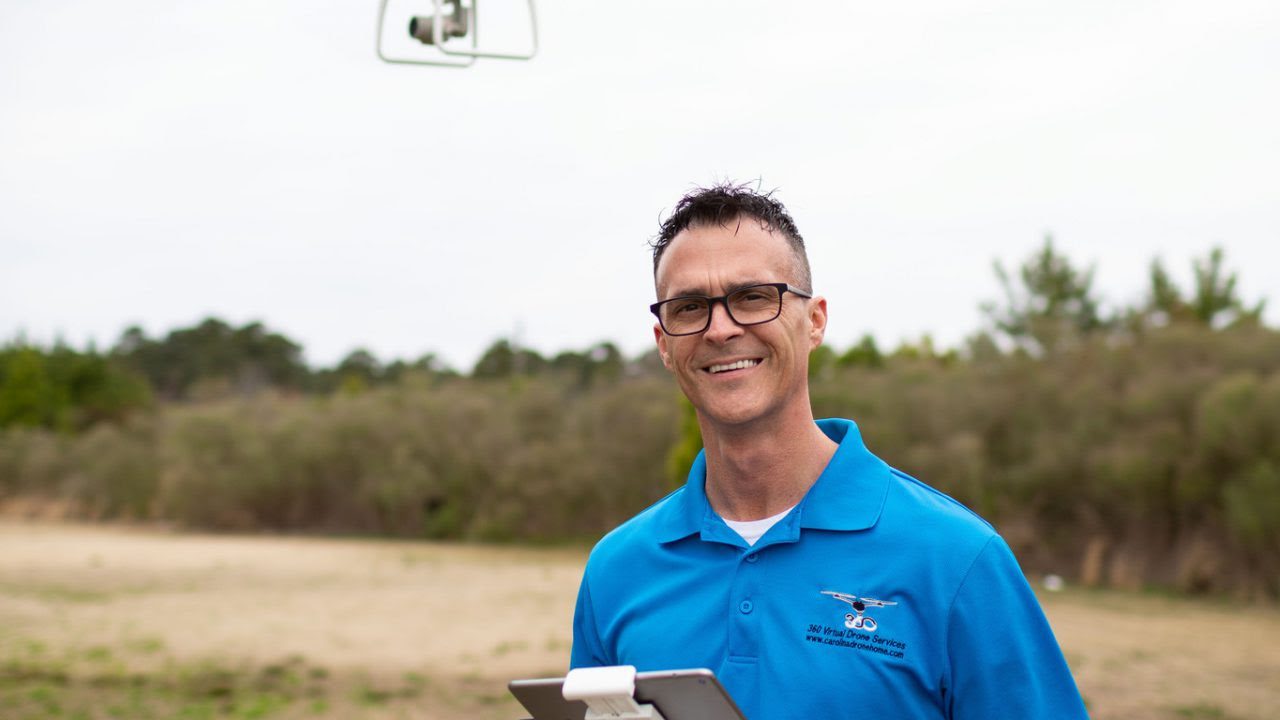
Privacy and Security Concerns
Protecting Personal Information
As drone technology continues to evolve and permeate various sectors, it inadvertently raises significant privacy concerns that drone operators must navigate thoughtfully. Flying a drone brings with it a substantial responsibility not just to yourself and your equipment, but also to the people around you who may not want to be captured or surveilled. Construction sites, real estate, or even natural landscapes can be enticing for aerial photography, but it’s crucial to ensure that you are not infringing upon anyone’s personal space or privacy. Here are some vital practices to adopt:
- Obtain Consent: If you plan to capture images or videos in populated areas, it’s always a good idea to seek permission from property owners. This mutual respect fosters a better community relationship and demonstrates professionalism.
- Be Mindful of Data Sharing: If your drone collects data, be cautious about how you share or sell that information. Specify to clients or individuals how their data will be used and protected.
- Use Secure Platforms: When storing drone footage or images, opt for secure cloud storage solutions that offer encrypted services to protect personal data.
I learned this lesson the hard way. Early in my drone flying days, I uploaded some footage of a local community event, and unintentional privacy breaches ensued. I received complaints from people who felt uncomfortable appearing in the video without their consent. From then on, I always made it a point to prioritize individuals’ privacy in all my endeavors.
Preventing Unauthorized Surveillance
As drone operators, it’s essential to prevent unauthorized surveillance and avoid becoming a source of discomfort or anxiety in your community. Understanding what constitutes unauthorized surveillance and adopting preventive measures is key. Here are a few guidelines:
- Know the Laws: Familiarize yourself with local and state regulations regarding flying drones in residential neighborhoods or areas with increased privacy expectations. Not all places are suitable for drone operations, even during a seemingly benign flight.
- Keep Your Distance: While capturing that incredible shot might be alluring, be mindful of the distance you maintain from people’s homes, schools, or places of worship. Respecting boundaries nurtures trust and goodwill.
- Limit Data Retention: Once you’ve finished your project, avoid holding onto sensitive footage longer than necessary. Consider establishing a data retention policy to systematically delete unused footage (even if it’s aesthetically pleasing!).
- Educate Yourself and Others: Encourage discussions about drone etiquette and privacy concerns within your community or drone club. Gaining insights from others can enhance the collective understanding of privacy implications.
In this age of technology, drone operators must exercise caution and responsibility. Striking a balance between creative aspirations and respect for personal privacy and security can contribute to a more positive perception of drone usage. Being proactive in these areas not only protects the interests of individuals but also bolsters the reputation of the entire drone community. As we move forward, let’s explore the wealth of resources available for drone operators, tailored to keep you informed, compliant, and connected! 🌐🤝🎥
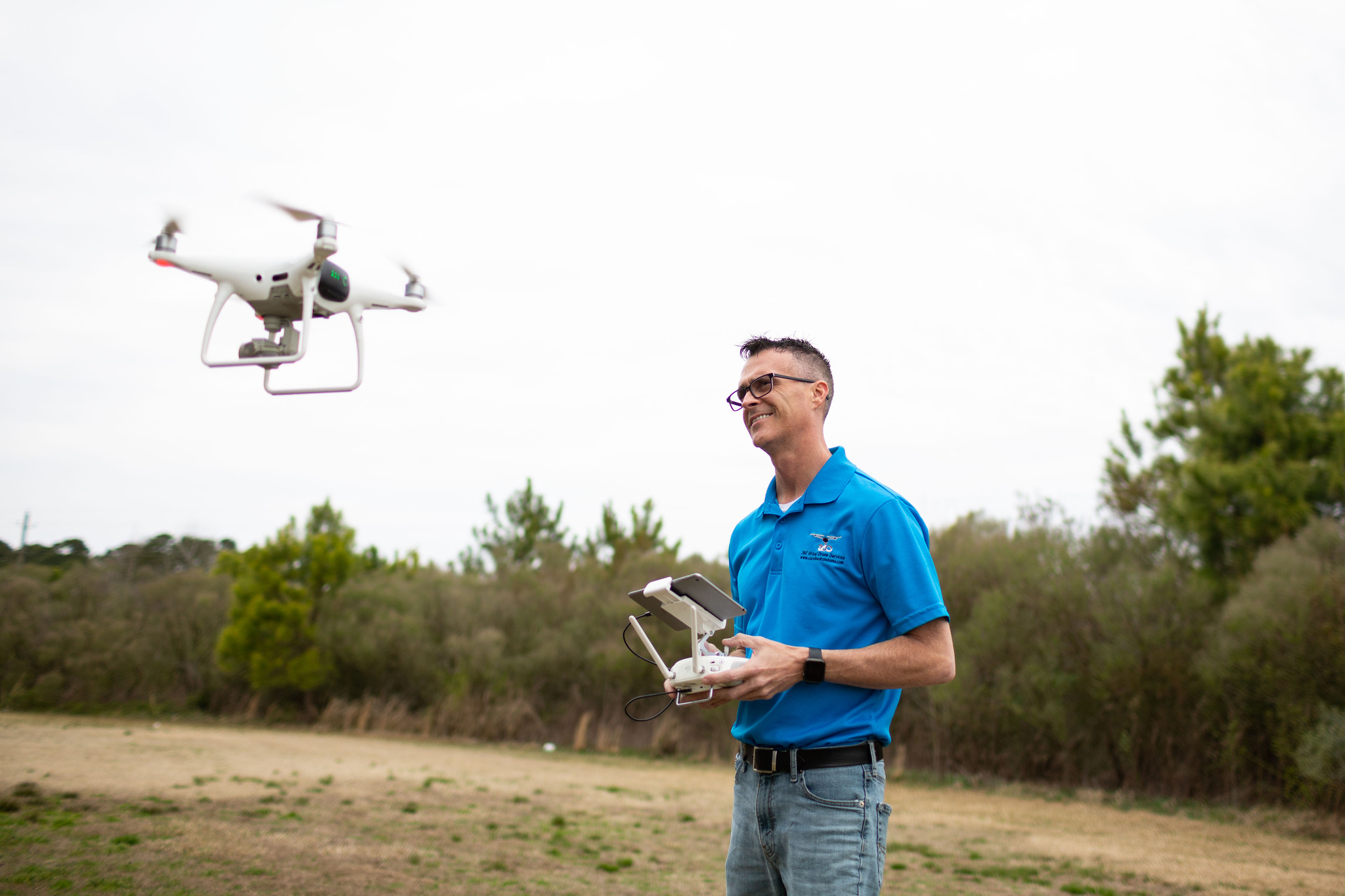
Resources for Drone Operators
Online Tools and Databases
As a drone pilot, staying informed and equipped with the right resources is paramount for a smooth flying experience. Fortunately, numerous online tools and databases are available to assist drone operators like you in navigating local and federal regulations, enhancing safety, and maximizing the creativity of your flights. Here are some valuable online resources to consider:
- FAA Drone Zone: The FAA’s official website is a goldmine for drone information. You can register your drone, access important regulations, and find resources for training. It’s a must-visit before every flight!
- AirMap: This app provides real-time airspace information, allowing you to check for restricted areas and receive notifications about conditions related to your flight. It’s particularly useful for ensuring compliance with local regulations.
- B4UFLY App: Developed by the FAA, this mobile app enables drone operators to check airspace restrictions quickly. It’s handy for those impromptu flights, acting as your pocket guide for safe operations.
- UAV Coach: This site is an excellent resource for aspiring and current drone pilots. They offer training courses, useful articles, and even a database of the latest drone news. I looked into their beginner’s course when starting my drone photography journey, and it was incredibly informative.
These tools can help you become a more informed and responsible drone operator while ensuring you’re compliant with regulations.
Organizations Offering Legal Support
Despite our best efforts, legal issues can arise in the world of drone operations. Thankfully, several organizations and resources offer legal support tailored specifically for drone operators. Connecting with these can provide clarity in navigating legal challenges. Here are some organizations to consider:
- DroneAdvocates: This organization aims to protect the rights of drone operators, providing legal resources and promoting advocacy on drone-related issues. They keep members informed on the latest legislation affecting drone operations.
- The Academy of Model Aeronautics (AMA): While primarily focused on model aircraft, the AMA does offer resources and support for drone operators. Their insurance programs and legal guidance can be immensely helpful for hobbyists and commercial pilots alike.
- Drones & Aerial Photography (DAP): This organization provides a wealth of resources for drone operators, including information on legal rights, regulations, and access to legal assistance when needed.
- Local Legal Resources: Don’t underestimate the value of connecting with local law firms that specialize in aviation or drone law. Many lawyers offer consultations to clarify liability and regulatory concerns, which can be immensely beneficial.
Understanding your rights and responsibilities as a drone operator is crucial in today’s landscape, and these resources equip you to fly with confidence. Just remember, seeking support isn’t a sign of weakness; it shows your commitment to responsible flying! As we wrap up our discussion, it’s evident that while drone operation brings exhilarating opportunities, it’s intertwined with regulations, privacy considerations, and the potential for legal complexities. Staying informed and connected can enhance your flying experience. With that said, let’s look ahead to future developments in drone legislation—because the skies are constantly evolving! 🚀🌟🛩️

Future Developments in Drone Legislation
Proposed Changes to Drone Laws
As the popularity of drones continues to soar, so too does the need for legislation that keeps pace with technology. While regulations are already in place, the dynamics of drone usage and emerging technologies mean that proposed changes to drone laws are frequently surfacing. Here are some of the key changes and trends to keep an eye on:
- Remote ID Requirements: One significant change that’s been discussed is the introduction of remote identification for drones. This would require drone operators to have their drones transmit their location information, making it easier to track aircraft for safety and compliance purposes. This could impact how you fly—especially in crowded areas—as authorities could track where drones are and ensure safe operations.
- Flight Over People: Currently, flying over people incurs specific restrictions under Part 107. Changes are being proposed to allow regulated flight over people, as technology advances create safer conditions. This could open the door for innovative applications, such as public safety monitoring or event photography.
- Expanded Operations: There are discussions about allowing operations beyond visual line of sight (BVLOS) for commercial operators. This will facilitate deliveries and inspections over long distances, revolutionizing industries like agriculture and logistics. I can only imagine how convenient it would be to have drones delivering packages directly to my doorstep on a whim!
While many proposed changes are exciting, they also highlight the importance of staying informed as a drone operator, ensuring you’re compliant with any new regulations that may come into effect.
Impact of Advancing Drone Technology
Advancements in drone technology are changing the landscape of what’s possible, but they also create new challenges for legislation. As new features emerge in drone designs, lawmakers must respond to the shifting capabilities and potential risks. Here’s a look at some notable trends in technology and their implications:
- Artificial Intelligence: With AI becoming more integrated into drones, such as autonomous navigation systems, regulators will need to address safety guidelines and accountability. Will operators be held responsible for the drone’s actions if it makes a mistake? This could open up a whole new realm of legal considerations!
- Delivery Drones: Companies like Amazon are racing ahead with plans for commercial drone deliveries. While this could greatly enhance convenience, there are numerous logistical and regulatory challenges that need to be resolved, such as air traffic management, noise pollution, and security concerns.
- Safety Features: As drones begin to include more sophisticated safety features—like parachute systems or enhanced geofencing—the conversation around regulation may shift toward encouraging or mandating these technologies for all drone operators.
- Public Perception: Tech advancements may spur public interest and concern. Creating regulations that address privacy and safety while encouraging innovation will be critical in shaping the future of the drone industry.
The evolution of drone legislation will be a dynamic journey, influenced by emerging technology and public sentiment. For drone operators, staying ahead of these changes ensures that you can adapt to new rules and keep flying safely and responsibly. As we look to the future, embracing change while prioritizing safety and community trust will be essential. Here’s to soaring into new horizons! 🚁💡🗺️


